As the world grapples with the environmental implications of plastic pollution, an increasing number of countries are taking action to reduce the use of single-use plastic bags. These lightweight bags, commonly used for carrying groceries and other everyday items, have long been a symbol of convenience. However, their durability and resistance to decomposition make them a serious threat to the planet.
To combat this issue, government bodies around the globe have implemented measures aimed at eradicating single-use plastic bags. These bans typically prohibit the production, importation, sale, and distribution of plastic bags, encouraging the use of eco-friendly alternatives. They have emerged as a proactive response to the overwhelming impact of plastic waste on marine life, ecosystems, and human health.
From small island nations to large industrialized economies, many countries have taken the lead in banning plastic shopping bags. Some have even gone so far as to impose hefty fines for non-compliance. The bans vary in terms of scope and enforcement, but they all share a common goal: to create a more sustainable future. This article provides a comprehensive list of countries that have implemented such bans, shedding light on global efforts to address the plastic bag crisis.
- Australia’s Successful Plastic Bag Ban
- Impact on Plastic Waste Reduction
- Public Support and Compliance
- Expansion of the Ban
- Europe Leads the Way in Plastic Bag Bans
- France
- Italy
- Germany
- African Countries Taking Action Against Plastic Bags
- Plastic Bag Bans in North and South America
- North America
- South America
- Question-answer:
- Which countries have banned single-use plastic shopping bags?
- Why have these countries banned single-use plastic shopping bags?
- How are these bans enforced?
- What are the alternatives to single-use plastic shopping bags?
Australia’s Successful Plastic Bag Ban
Australia is one of the countries that has successfully implemented a nationwide ban on single-use plastic shopping bags. The ban was introduced in July 2018, and since then, it has made a significant impact on reducing plastic waste and promoting sustainable alternatives.
Impact on Plastic Waste Reduction
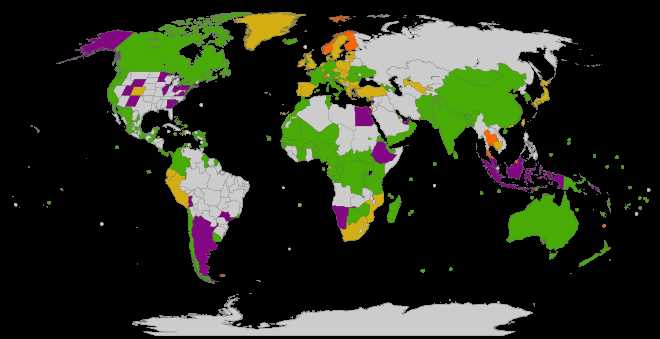
The ban on plastic bags has led to a significant reduction in plastic waste in Australia. According to government statistics, prior to the ban, Australians were using around 10 billion plastic bags annually. Since the ban came into effect, this number has dropped dramatically, resulting in a considerable decrease in the amount of plastic waste ending up in landfills and oceans.
Furthermore, the ban has encouraged Australians to adopt more eco-friendly alternatives, such as reusable bags made from fabric or other sustainable materials. This shift in consumer behavior has not only reduced plastic waste but has also contributed to a decrease in the demand for virgin plastics.
Public Support and Compliance
The plastic bag ban in Australia has received widespread public support. Surveys have shown that a majority of Australians are in favor of the ban and are willing to make the necessary changes in their shopping habits to comply with it. This high level of public support has been instrumental in the successful implementation of the ban.
Additionally, retailers and businesses across the country have embraced the ban and have actively promoted reusable bags to their customers. Many have also introduced initiatives to incentivize the use of reusable bags, such as discounts or rewards programs. This level of cooperation and support from retailers has further facilitated the transition away from single-use plastic bags.
Expansion of the Ban
Since the initial implementation of the ban, some states and territories in Australia have gone even further by extending the ban to additional types of single-use plastics. For instance, some jurisdictions have also banned the use of plastic straws, stirrers, and cutlery.
This expansion of the ban highlights the ongoing commitment of Australia to reduce plastic waste and protect the environment. It serves as a testament to the success of the initial ban on plastic bags and demonstrates the country’s determination to further promote sustainability.
In conclusion, Australia’s plastic bag ban has been a resounding success in reducing plastic waste and promoting sustainable alternatives. The significant decrease in the use of plastic bags, public support and compliance, and the expansion of the ban to other single-use plastics all contribute to Australia’s position as a leader in the fight against plastic pollution.
Europe Leads the Way in Plastic Bag Bans
Plastic pollution has become a global concern, and countries around the world are taking steps to reduce their use of single-use plastic bags. In this effort, Europe has emerged as a leader in implementing plastic bag bans.
France
France was one of the first countries in Europe to implement a ban on single-use plastic bags. In 2016, the country passed legislation that prohibits the distribution of lightweight plastic bags at checkout counters. This ban has led to a significant reduction in plastic bag usage and has encouraged consumers to bring their reusable bags when shopping.
Italy
In 2011, Italy introduced a nationwide ban on non-biodegradable plastic bags. This ban applies to all retail stores, including supermarkets, pharmacies, and local shops. Since its implementation, Italy has seen a decrease in plastic bag litter and an increase in the use of reusable bags.
Germany
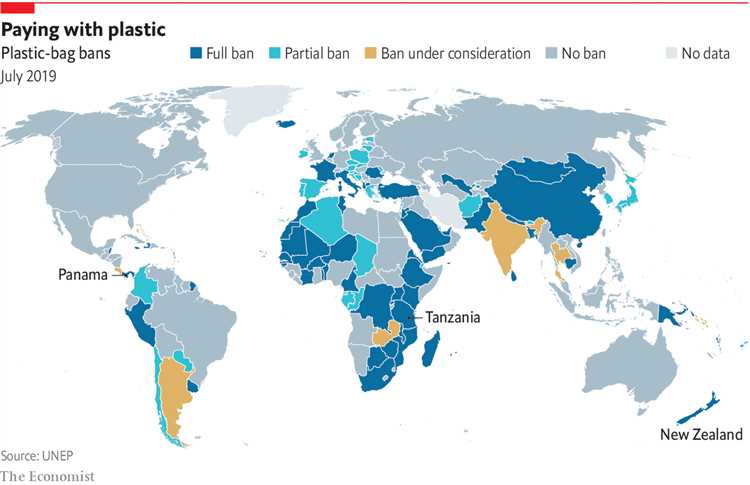
Germany implemented a ban on lightweight plastic bags in 2016. The ban applies to all stores, except for those selling loose produce, such as fruits and vegetables. As a result of this ban, Germans have become more conscious of their plastic consumption and have switched to using reusable bags or paper bags.
| Country | Year of Implementation |
|---|---|
| France | 2016 |
| Italy | 2011 |
| Germany | 2016 |
These countries are just a few examples of how Europe is leading the way in reducing plastic bag usage. Other European countries, including Belgium, Ireland, and the United Kingdom, have also implemented their own plastic bag bans. The success of these bans in Europe serves as a model for other countries around the world to follow in order to combat plastic pollution and protect our environment.
African Countries Taking Action Against Plastic Bags
Plastic pollution is a global issue, and many African countries have been taking action to combat it by implementing strict regulations and bans on single-use plastic bags. These countries aim to reduce the environmental impact of plastic waste and protect their unique ecosystems.
Here are some African countries that have banned or restricted the use of plastic bags:
- Kenya: Kenya is famous for having one of the strictest plastic bag bans in the world. Since 2017, it has been illegal to produce, sell, or use plastic bags in Kenya. The country has imposed heavy fines and even imprisonment for violators of the ban.
- Rwanda: Rwanda is another African country that has taken significant steps towards reducing plastic bag usage. In 2008, it became the first country in the world to ban non-biodegradable plastic bags. The ban includes both the production and use of plastic bags.
- Tanzania: Tanzania implemented a nationwide ban on plastic bags in 2019. The ban applies to the import, export, manufacture, sale, storage, supply, and use of plastic bags. Violators can face hefty fines or imprisonment.
- South Africa: South Africa has not implemented a complete ban on plastic bags but has introduced a levy on thicker plastic bags to discourage their use. The country has also encouraged the use of alternative eco-friendly packaging materials.
- Mauritania: Mauritania has banned the production, importation, sale, and use of single-use plastic bags since 2013. The country’s ban aims to protect its delicate marine ecosystems and reduce plastic pollution.
These are just a few examples of African countries that are taking action against plastic bags. By implementing bans and restrictions, these countries are making significant strides in protecting the environment and promoting sustainable practices.
Plastic Bag Bans in North and South America
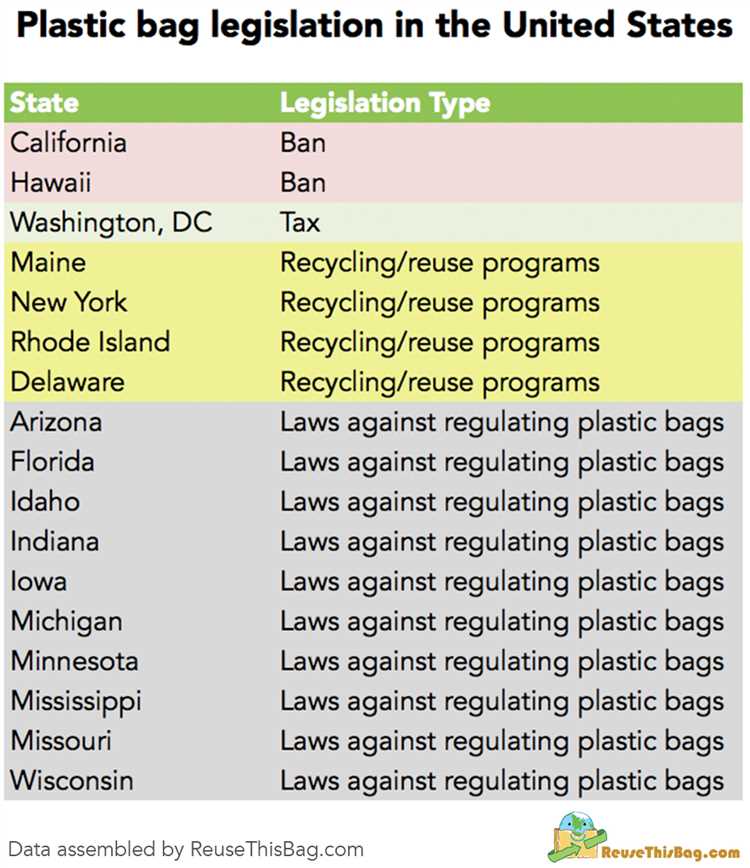
Plastic shopping bag bans have gained momentum in both North and South America as countries continue to recognize the harmful effects of single-use plastics on the environment. Several countries in both regions have taken proactive steps to reduce the use of plastic bags and encourage sustainable alternatives.
North America
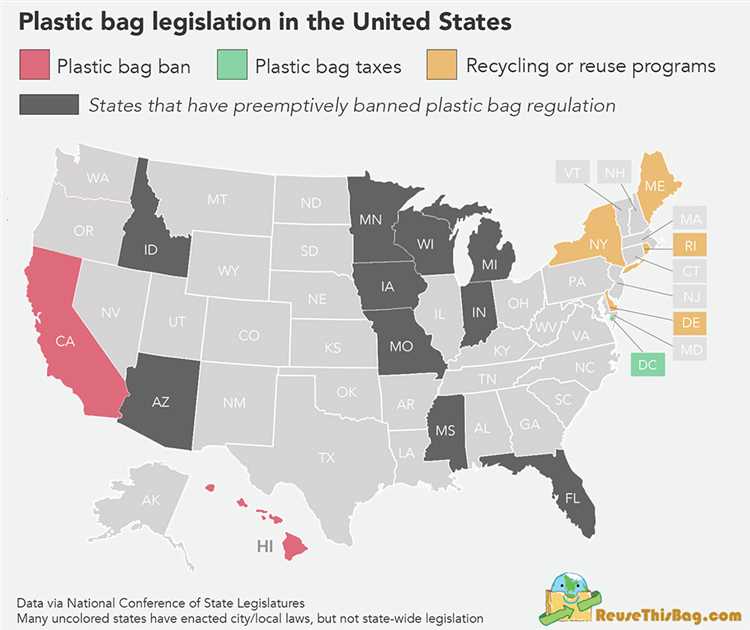
In North America, Canada has been at the forefront of plastic bag bans with several provinces and territories implementing restrictions. For example, in 2010, the province of Manitoba banned retailers from distributing single-use plastic bags, while in 2018, the country’s most populous province, Ontario, implemented a similar ban. Other provinces, such as British Columbia and Quebec, have introduced levies or fees on plastic bags to discourage their use. In the United States, individual cities and states have implemented plastic bag bans, including California, Oregon, and Hawaii, which have statewide bans in place. Many other cities, such as Seattle and San Francisco, have also enacted their own bag bans or fees.
South America
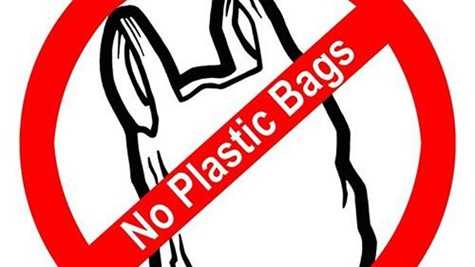
In South America, several countries have also taken steps to combat plastic bag pollution. One notable example is Colombia, which implemented a nationwide ban on single-use plastic bags in 2016. The ban has since been expanded to include other plastic products, such as straws and Styrofoam containers. Chile is another country that has enacted a plastic bag ban, banning the distribution of thin plastic bags in 2019. Brazil has seen a number of cities implement plastic bag bans, with Rio de Janeiro being the largest city to do so. Uruguay has also taken steps to reduce plastic bag usage, with several municipalities implementing their own restrictions.
These bans and restrictions on plastic bags in North and South America are important steps towards reducing plastic waste and promoting environmental sustainability. By encouraging the use of reusable bags and alternative packaging materials, countries in these regions are making positive strides towards a cleaner and greener future.
Question-answer:
Which countries have banned single-use plastic shopping bags?
Several countries have implemented bans on single-use plastic shopping bags. Some of the countries that have banned these bags include Australia, Bangladesh, Canada, China, France, India, Italy, Kenya, New Zealand, Rwanda, South Africa, Taiwan, and the United Kingdom.
Why have these countries banned single-use plastic shopping bags?
These countries have banned single-use plastic shopping bags in order to reduce plastic pollution and protect the environment. Single-use plastic bags are not biodegradable and can take hundreds of years to decompose. They also pose a threat to marine life and can cause damage to ecosystems.
How are these bans enforced?
The enforcement of the bans varies from country to country. In some countries, such as France and Italy, the bans are enforced through fines and penalties for businesses that continue to provide single-use plastic bags. Other countries, like China and India, have implemented strict regulations and restrictions on the production, sale, and use of single-use plastic bags. Some countries also encourage the use of reusable bags and provide incentives for consumers to make the switch.
What are the alternatives to single-use plastic shopping bags?
There are several alternatives to single-use plastic shopping bags. Many countries encourage the use of reusable bags made from materials such as cotton, canvas, or recycled materials. Some countries also promote the use of biodegradable or compostable bags, which break down more easily in the environment. Additionally, some retailers offer paper bags as an alternative to plastic bags.